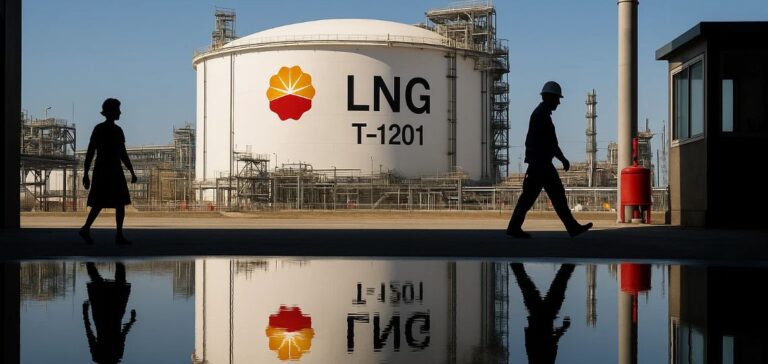The Market on Close (MOC) assessment process by Platts, used to determine liquefied natural gas (LNG) prices in Asia, recorded record activity for June deliveries, with 1.75 million metric tonnes traded on the physical market and 1,946 orders on derivatives. This volume represents a 50% increase month over month and a 116.83% year over year surge, according to Platts, a subsidiary of S&P Global Commodity Insights.
Peak activity during shoulder season
The total number of orders — including bids, offers, and trades — on the physical market reached 438, surpassing the previous record of 388 set in April. Daily activity peaked at 36 orders on May 7, following 34 on May 6 and 31 on May 2. Most of the activity involved deliveries into the Japan-Korea-Taiwan-China (JKTC) region, with additional cargoes bound for Japan and Thailand.
Among these orders, 274 were priced on a floating basis, primarily linked to the full-month JKM average or balance-month JKM contracts. Ten were linked to the Dutch TTF index. For May deliveries, JKM-linked prices averaged a discount of 1.8 cents per million British thermal units (MMBtu) to the next-day balance-month price and 8.5 cents/MMBtu to the July JKM contract.
Debut trades for Qatar Energy Trading
Qatar Energy Trading made its first MOC appearance on May 5, offering three cargoes. On May 15, the company executed its first trade with Tokyo Gas for a delivery scheduled between June 26 and 28, priced at JKM July minus 10 cents/MMBtu. Two other offers were logged for loaded cargoes sourced from the Plaquemines LNG facility, owned by Venture Global.
The MOC also showed a sharp rise in offers from US base load ports, which accounted for 51.69% of the total compared to just five out of 176 in May. This shift reflects improved arbitrage opportunities into Asia, although flows into China remain constrained by ongoing reciprocal tariffs between Washington and Beijing.
Derivatives volumes reach all-time high
The MOC derivatives segment hit an all-time high of 1,946 orders, up 23.87% month over month and 76.75% year over year. Nearly half of the trades were linked to JKM July contracts, and more than one-third to balance-month contracts. A total of 412 trades were executed by 17 entities, including ADNOC Trading, BP, Chevron, Gunvor, Mercuria, and Vitol.
Vitol reported 149 trades on the derivatives MOC, followed by Shell with 91. High trading activity translated into a record end-month open interest of 166,309 lots for both full-month JKM and balance-month contracts. Exchange-cleared futures volumes reached 108,942 lots, equivalent to approximately 20.95 million metric tonnes or 330 LNG cargoes.






















